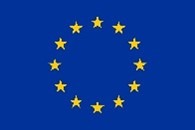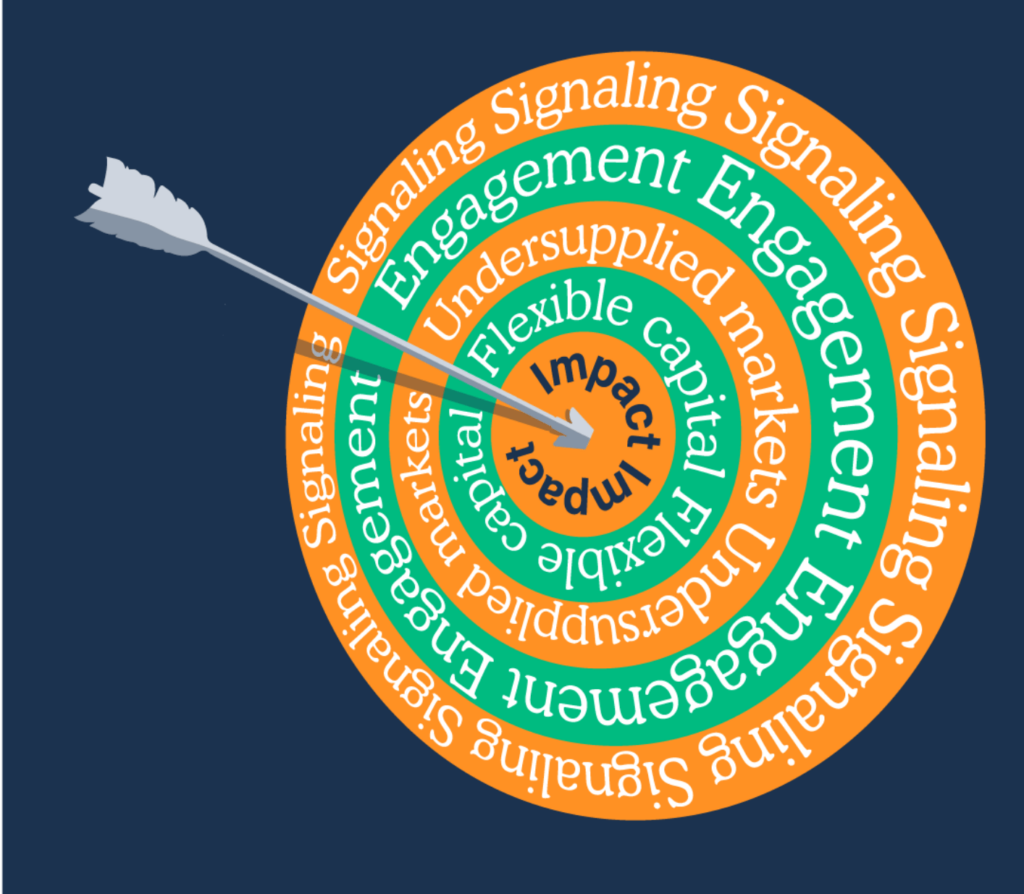2DII is presenting a new science-based framework to assess the impact potential of financial products:
- The Impact Potential Assessment Framework (IPAF) assesses financial products based only on their actions to generate real-life impact,
- Using this methodology, the framework differs from other frameworks that choose to include in their ratings other sustainability/impact dimensions,
- It is exclusively based on public information provided by the product manufacturers,
- It is applicable to various types of financial products (funds in public markets, funds in private markets, deposits, crowdfunding investments) and sustainability objectives (e.g., climate, biodiversity, social issues, etc.).
Discover the full version of the Framework and its accompanying documents.
About our funder and the project: This project is funded by the EU’s Horizon 2020 research and innovation program under Grant Agreement No 834345. LEVEL EEI aims at making the financial products contributing to energy efficiency and sustainable energy more competitive. This work reflects only the author’s view and the funder is not responsible for any use that may be made of the information it contains.
The paper is part of the Retail Investing Research Program at 2DII which is one of the largest publicly funded research projects about the supply, demand, distribution and policy side of the retail investment market in Europe.





